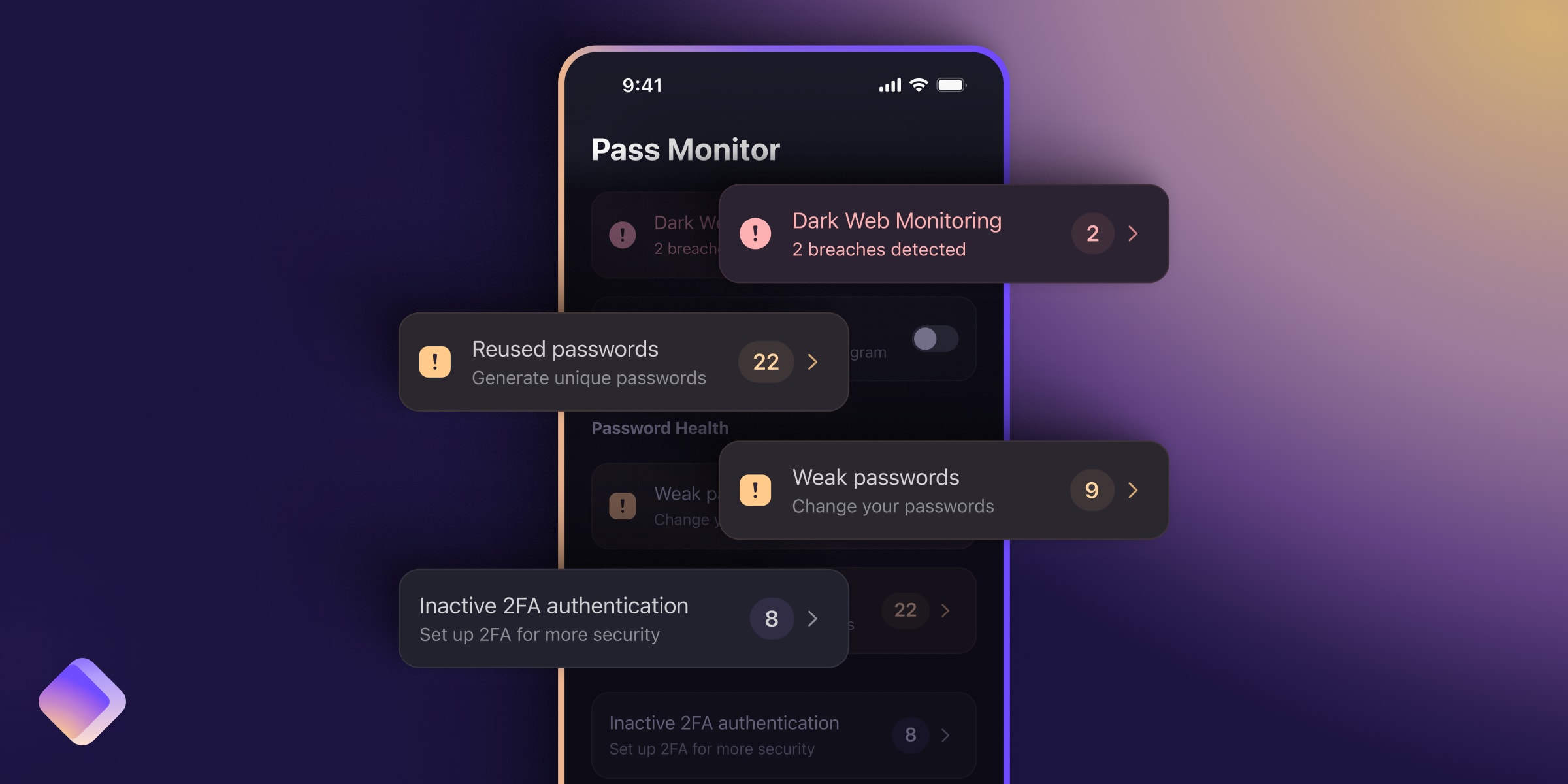We need an internet that puts people first again. We’ve signed a pledge with Neeva, Brave, The Tor Project, and others to help make a more private internet a reality.
People overwhelmingly want an internet that puts them first. In the last year alone, hundreds of millions of people have chosen to take control of their data and protect their privacy by using privacy-focused tech services. According to Reuters(new window), a 2020 survey by Transcend found that, given the choice, 93% of Americans would switch to a company that prioritizes their privacy.
Big Tech is currently trying to change the definition of privacy to “No one can abuse your data but us”. Society cannot allow Big Tech to move the goalposts on this debate, which is why we define real privacy as “No one can abuse your data, period”. It’s also why we’ve joined 11 other groups and thinkers — including Neeva, Brave, The Tor Project — in signing the Privacy Pledge(new window), a set of standards we believe all organizations should hold themselves to if we’re going to build a better internet where privacy is the default.
The Privacy Pledge isn’t meant to promote a particular service or endorse a particular piece of legislation. Its goal is to elevate fundamental principles that will guide us toward a private-by-default internet. If you look at this pledge, you can see which companies are willing to protect your privacy and how they’re working toward giving you control of your data.
We are at the forefront of a growing movement of privacy-focused companies that lets you choose what happens to your data. We developed Proton Mail(new window), the world’s largest encrypted email service, and have since created the first encrypted ecosystem(new window), but building a private-by-default internet isn’t just a matter of offering a specific service or using a certain type of encryption technique. It requires a complete paradigm shift throughout society, with companies, nonprofits, governments, and ultimately people themselves creating a new way of life online.
The internet, then and now
In 1989, Sir Tim Berners-Lee created what would go on to become the World Wide Web while he was working at CERN. The web was originally intended to make it easier for scientists and universities around the world to communicate, compare results, and share resources. CERN later made the WWW software available on an open license to encourage even more people to communicate and share with each other.
Fast forward to the present, and the internet looks much different. It’s now a space dominated by a handful of Big Tech corporations that monitor and collect our every move, thought, and opinion so they can use that data to sell ads. This relentless drive to monetize more and more information, which contains all kinds of sensitive personal details, has stripped us of our rights. Thanks to Big Tech, the internet treats us like commodities, not people.
The Privacy Pledge
You have made it clear you want an internet that is private by default and gives you the choice over what happens to your personal data. We created the Privacy Pledge to show innovators in the privacy sphere, tech companies, organizations, and governments worldwide what is necessary to make that internet a reality. We want you to see that there are those willing to give you control over your data, and we want to show others that doing so is both possible and profitable.
The Privacy Pledge has five basic principles:
- The internet should be built to serve people.
- Organizations should only collect data that’s necessary for them to prevent abuse and deliver their services.
- People’s data should be securely encrypted.
- Online organizations should be transparent about their identity and software.
- Web services should be interoperable.
Read the entire Privacy Pledge(new window)
The power of collective action
We launched the Privacy Pledge in response to the public demand for an internet that gives you control of your privacy. We believe that if more companies hold themselves to these standards, the internet will once again serve people and not Big Tech. It will be more open and more accessible for everyone. And it will support democratic values, free access to information, and the fundamental right to privacy.
This is not an easy undertaking. We’re going up against some of the most influential companies in history, and they won’t let go of their power easily. Only through collective action, working with like-minded organizations and privacy-conscious people all over the world, can we make this change that the internet so desperately needs.














